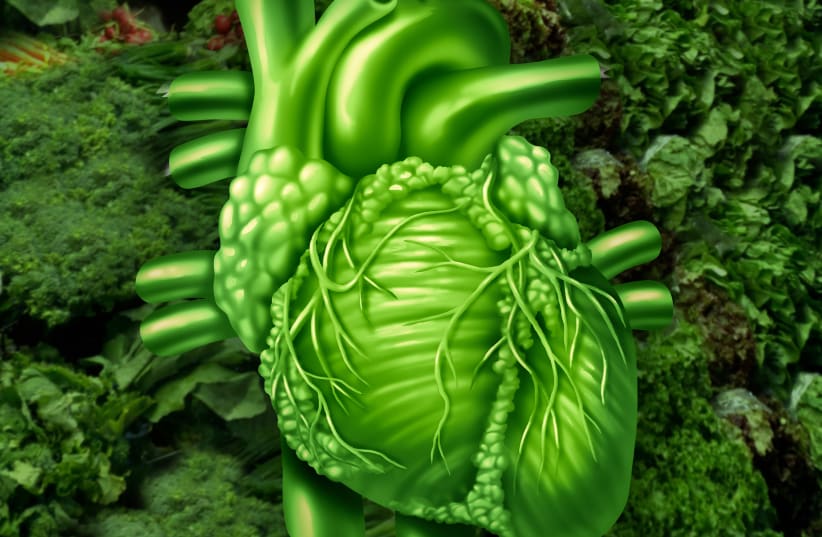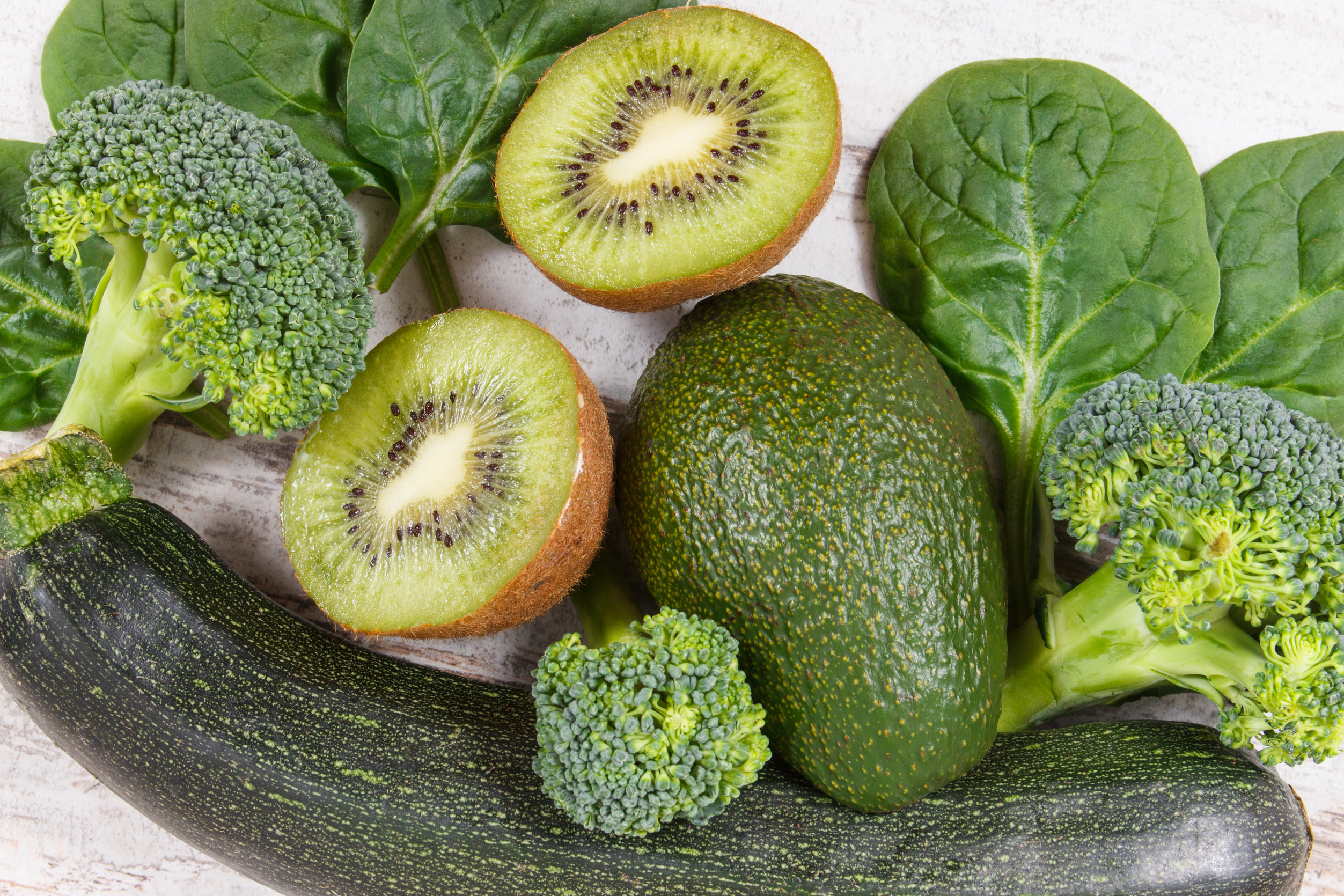Vitamin K is considered much less well known than the other vitamins, but the truth is that it’s no less important.
New research has found that its consumption can significantly help heart health.
So, where do you get it?
A diet rich in vitamin K can lower the risk of heart disease due to atherosclerosis by more than 30%, according to a new study.
Researchers at Edith Cowan University (ECU in Australia) point out that this improvement is not only due to vitamin K coming from green leafy vegetables, but also to vitamin K-rich foods like meat, eggs and cheeses.
The findings come from a survey of more than 50,000 people who have participated in a Danish nutritional study for cancer and health for 23 years. The authors of the study, published in the peer-reviewed Journal of the American Heart Association, examined whether people who ate more foods containing vitamin K had a lower risk of heart disease and constricting blood vessels due to atherosclerosis.
Atherosclerosis, a vascular disease which affects the blood vessels, develops gradually and is formed as a result of the deposits of the bad LDL cholesterol as well as other organic substances, which cling to the artery wall and impair the elasticity of the blood vessels and the normal flow of blood to other organs in the body. It can lead to conditions like stroke and heart attacks.
The study authors note that there are two types of vitamin K that come from food. Vitamin K1 comes from green leafy vegetables and vegetable oils, while vitamin K2 comes from meat, eggs and fermented foods.
The study found that people who consumed the highest amount of vitamin K1 had a 21% lower risk of being hospitalized due to atherosclerosis-related heart disease. Those who ate the largest amount of vitamin K2 reduced their risk by 14%. The results also show that vitamin K has reduced the risk of all types of heart disease associated with atherosclerosis, including a 34% reduction in the risk of peripheral arterial disease.
Current dietary guidelines for consumption of vitamin K are usually based only on the amount of vitamin K1 that a person needs to consume to ensure that his blood can coagulate, said ECU researcher and senior research editor Dr. Nicola Bonduno.
However, there is growing evidence that consumption of vitamin K above current guidelines can provide protection against the development of other diseases, such as atherosclerosis, continued Bonduro.
She added that although scientists know a huge amount about vitamin k1 that occurs naturally in green vegetables there is much less data on K2 in other foods. Researchers claim that there are 10 forms of vitamin K in nutrition. However, the team said that each of these may be absorbed and act differently within the body.
The next phase of research will include developing and improving databases on the content of vitamin K2 in other foods, Bonduro concluded.
“Further research on the different sources of nutrition and the effects of different types of vitamin K2 are of the highest priorities,” she said.

